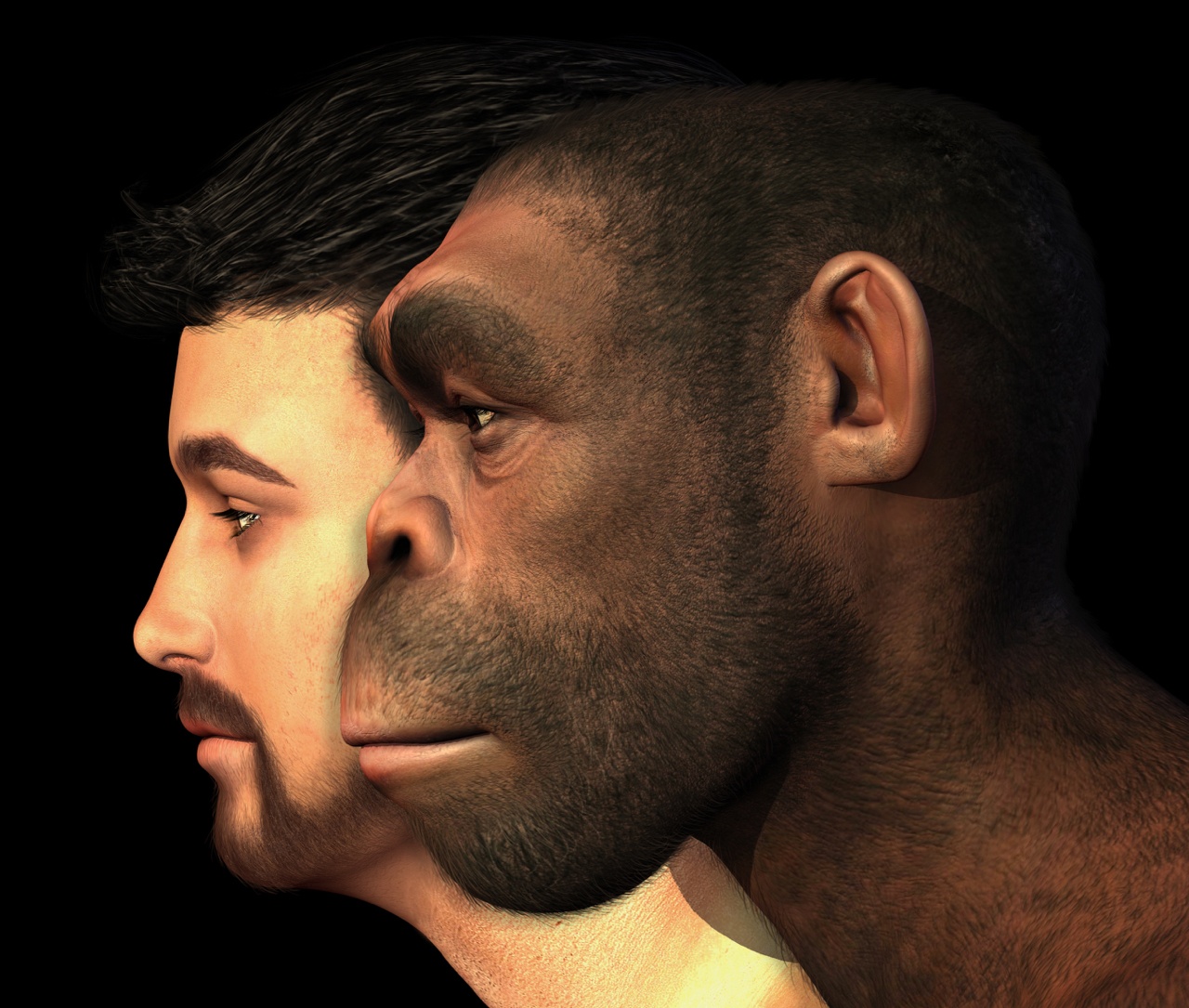Share this
Why do I have wisdom teeth?
on October 5, 2015

Wisdom teeth are the last teeth to erupt in the mouth. They typically erupt through the gum at about age 18, behind the second molars, which is why they are also called third molars. Why are they called wisdom teeth? Because at the age of 18, a child grows into a mature and wise adult and the appearance of the third molars coincide with the attainable of wisdom, at least in theory.
Why do we have wisdom teeth when it gives so much trouble? If you believe in Creation, then it is because the Creator has designed it that way. However, if you believe in evolution, then this can be viewed as a case of dental evolution lagging behind the general evolution of the human species. As humans evolved from the apes, the jaw sizes decreased correspondingly to adjust to a more refined dietary habit. With the reduction in jaw size, the number of teeth also decreased but not enough, resulting in wisdom teeth, the last teeth to erupt, having not enough room in the jaw to erupt into.
In Singapore, many parents often ask why is it that they did not have wisdom teeth problems when they were young but now all their children are having trouble with theirs. While each case is unique with different set of reasons, in general, this could be attributed to a higher level of dental care being available to children today than in the early years of Singapore. The first molar typically erupts at about age 6, when children are still eating a lot of sweets. Coupled with relatively undeveloped brushing techniques, oral hygiene was not optimal. This often led to decay of the first molar which may require extraction. If the first molar was extracted, then there would be enough space for the wisdom tooth to come through at a later stage, thereby preventing the problems of tooth impaction.
Parents today are also more aware of such problems and children do see dentists more regularly than in the past. This also led to a higher “discovery” rate of wisdom teeth.
Paradoxically, the improved standards of dental public health and general living standards have given rise to more problems with impacted wisdom teeth.
Share this
- Jaw Surgery (93)
- Dental Implants Singapore (90)
- Orthognathic Surgery (48)
- Replacing Missing Teeth (26)
- Missing Teeth Options (23)
- Underbite (23)
- Bone Grafting (21)
- Costs (18)
- Facial Aesthetics (18)
- Aesthetics (17)
- dental implants (16)
- corrective jaw surgery (15)
- BOTOX (11)
- Dermal Fillers (11)
- Wisdom teeth (10)
- Fixed Implant Dentures (8)
- Loose Dentures Singapore (6)
- Medisave (6)
- sleep apnea (6)
- Braces (5)
- Dental Pain (5)
- Dentures in Singapore (5)
- Loose Teeth (5)
- Tooth Extraction (5)
- jaw deformities (5)
- bimax (4)
- bone graft (4)
- maxillomandibular advancement (4)
- all-on-4 (3)
- bimaxillary protrusion (3)
- chin implant (3)
- facial asymmetry (3)
- full mouth dental implants (3)
- genioplasty (3)
- immediate implant (3)
- removal of an integrated dental implant (3)
- third molars (3)
- wisdom tooth surgery (3)
- My Dentures Don't Fit (2)
- VME (2)
- bone graft healing (2)
- distraction osteogenesis (2)
- medical tourism (2)
- obstructive sleep apnea (2)
- orthodontics (2)
- plastic surgery (2)
- CT guided dental implants (1)
- Double jaw surgery (1)
- Invisalign (1)
- Periodontal Disease (1)
- Permanent Dentures Singapore (1)
- before and after photos (1)
- facial trauma (1)
- fractured dental implant (1)
- oral appliance therapy (1)
- root canal treatment (1)
- veneers (1)
- vertical maxillary excess (1)
- September 2019 (2)
- July 2019 (2)
- May 2019 (2)
- August 2018 (1)
- October 2017 (1)
- September 2017 (2)
- August 2017 (1)
- June 2017 (2)
- May 2017 (4)
- April 2017 (1)
- March 2017 (1)
- February 2017 (3)
- January 2017 (3)
- December 2016 (1)
- November 2016 (2)
- October 2016 (4)
- September 2016 (9)
- August 2016 (5)
- July 2016 (11)
- June 2016 (14)
- May 2016 (6)
- April 2016 (2)
- March 2016 (1)
- January 2016 (7)
- December 2015 (10)
- November 2015 (4)
- October 2015 (9)
- September 2015 (7)
- August 2015 (1)
- July 2015 (6)
- June 2015 (3)
- May 2015 (7)
- April 2015 (5)
- March 2015 (8)
- January 2015 (5)
- December 2014 (7)
- November 2014 (7)
- October 2014 (6)
- September 2014 (8)
- August 2014 (5)
- July 2014 (7)
- June 2014 (8)
- May 2014 (9)
- April 2014 (10)
- March 2014 (6)
- February 2014 (8)
- January 2014 (3)
Subscribe by email
Email subscription




No Comments Yet
Let us know what you think